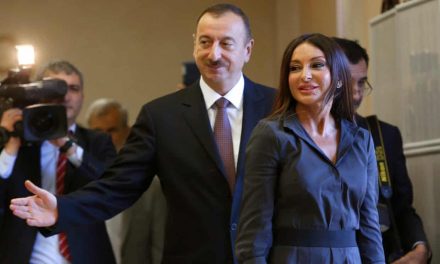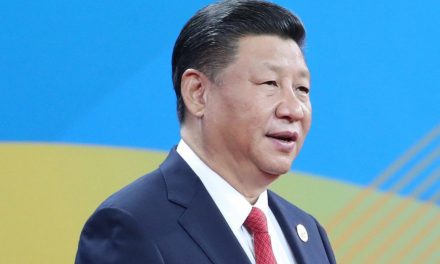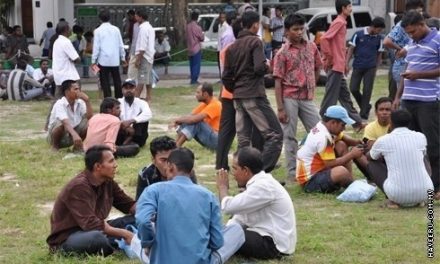
Maldives
6 February 2012. President Mohamed Nasheed inducted a multi-party democracy in the Indian Ocean archipelago. He gained power with an historic election victory in 2008. He is now accused of adopting autocratic methods of his predecessor and bitter rival, which he had pledged to abolish.
Last month he ordered the arrest of Criminal Court Chief Justice Abdulla Mohamed and accused him of being a crony of the former President Maumoon Abdul Gayoom.
Nasheed’s opponents brought in a hard-line style of political Islam to damage his religious credentials. The hard-line militant Islam is unnerving Western governments as well as Muslims living in outer islands.
The reason, Nasheed says, is because the judge, like the other 200-odd criminal court judges, was illegally sworn in for a life term and has blocked every attempt to bring multi-million-dollar corruption, rights abuse and criminal cases against Gayoom’s allies and relatives.
“Gayoom is running the judiciary,” Nasheed said. “When he lost the presidency, he was clever enough to carve out a territory and hide there, or get protected there. And none of the cases are moving.”
But people feel that Nasheed was undermining the institutions that he was supposed to build.
There have been nightly and sometimes-violent opposition protests since the judge’s detention, prompting the government to get U.N. and Commonwealth assistance to break the impasse.
The protests have also prompted virulent attacks on Nasheed’s Islamic credentials.















